Russia says lack of NATO security guarantees would lead to confrontation
Russia's Deputy Foreign Minister Sergei Ryabkov has reportedly warned of a potential face-off if Washington and the US-led NATO military alliance fail to give Moscow security guarantees regarding its eastern expansion.
Ryabkov’s remarks on Monday cited by the Moscow-based RIA news agency reiterated an earlier demand by Russian President Vladimir Putin for legally binding security guarantees that NATO will not further expand or deploy weapons closer to its borders.
The remarks coincided with press reports on Monday that the European Union (EU) is discussing with the US and the UK a new round of economic sanctions against Russia.
"We are in deterrent mode," EU’s top diplomat Josep Borrell told reporters in Vienna as he arrived for a meeting of the bloc’s foreign ministers but noted that no decision on the matter is expected on Monday.
"In any case we will send a clear signal that any aggression against Ukraine will have a high cost for Russia... We are studying together with the US and the UK what (sanctions) could be, when and how, in a coordinated manner," he said.
The development came shortly after Rayabkov declared on Friday that the Russian government has witnessed violations of the Montreux Convention by NATO member nations, warning that such actions would be “unacceptable.”
“We do not ignore them (violations) and declare this practice unacceptable through our diplomatic channels,” he emphasized while speaking at an online briefing in Moscow.
“It is not surprising, since those who engaged in this are throwing themselves into the ideology of replacing international law with a rules-based order.”
Ryabkov further noted that the Montreux Convention had contributed to the stability of the Black Sea region for decades, but the Western states ignore this fact and prefer to insist on their rightness instead of being guided by the international law.
The Convention -- signed in 1936 in the city of Montreux -- permits free passage to trade ships through the Bosphorus Strait and the Dardanelles.
Russia and NATO have recently been at odds over the Ukrainian dispute and the Russian movement of troops and armaments within its own borders with Ukraine.
Moscow insists that its posture is purely defensive in response to increased NATO activities in the region.
On Saturday, the US and Britain threatened Russia with "massive consequences" if it launches a military action against Ukraine, despite Moscow’s repeated denial of such plans.
A senior US State Department official vowed on Saturday that the Group of Seven (G7) richest countries and its allies will impose tough measures if Russia abandons diplomacy in dealing with Ukraine.
US President Joe Biden also claimed on Saturday said he had made it clear to Putin that Russia would pay "a terrible price" and face devastating economic consequences if it invaded Ukraine.
Biden, who spoke with Putin by telephone last week, however noted that the possibility of sending US ground troops to Ukraine in the event of a Russian invasion was "not on the table.”
"I made it absolutely clear to President Putin...that if he moves on Ukraine, the economic consequences for his economy are going to be devastating," he claimed without elaborating.
Biden’s remarks followed calls by Ukrainian President Volodymyr Zelensky for holding a referendum on the future status of eastern Ukraine as well as the Crimea peninsula as a way to restore the stalled peace efforts and end tensions with Russia.
"I do not rule out a referendum on Donbass in general," Zelensky stated Friday in an interview with the local 1+1 television channel," vaguely noting, "It might be about Donbass, it might be about Crimea, it might be about ending the war in general. So it may be that someone, this or that country can offer us certain conditions."
The Ukrainian leader further stated that he would not rule out direct talks with Putin.
French President Emmanuel Macron, meanwhile, warned on Friday about the risk of "self-fulfilling" prophecies after a US intelligence assessment alleged Russian plans to invade Ukraine next year.
"I think that our primary objective is to avoid any unnecessary tension, what I will call self-fulfilling news," Macron said, when asked about the US intel report.
"What we all want, Europeans and Americans, is to show that we are paying close attention to the situation," he further emphasized during a joint press conference with Germany's new Chancellor Olaf Scholz.
Ukraine as well as the EU and the US also claim Russia has a hand in an ongoing conflict that erupted in the Donbass region of Ukraine between government forces and ethnic Russians in 2014. The West imposed sanctions on Russia after accusing it of interfering in the conflict. Moscow denies the allegation.
Ukraine claims that Russia has deployed heavy-armored vehicles, electronic warfare systems and nearly 100,000 soldiers around its borders, while Russia says Ukraine has deployed half of its army, or 125,000 troops, to the ethnic Russian region of Donbass, calling it “very dangerous adventurism” by Kiev.
The Kremlin has warned that the US and NATO are turning Ukraine into a “powder keg” by increasing arms supplies to Kiev and inflaming tensions in the country's volatile east.
VIDEO | Press TV's news headlines
VIDEO | Israel steps up settlement expansion near Jenin
VIDEO | Iraqi resistance factions split over state control of weapons
Euro-Med: Israel using winter as weapon of genocide
Venezuela demands end to US military presence
Donors receive favors from Trump’s fundraising machine post-election: Report
VIDEO | Odds against peace in Ukraine?
Iran plans launch of its heaviest ever satellite on Dec 28


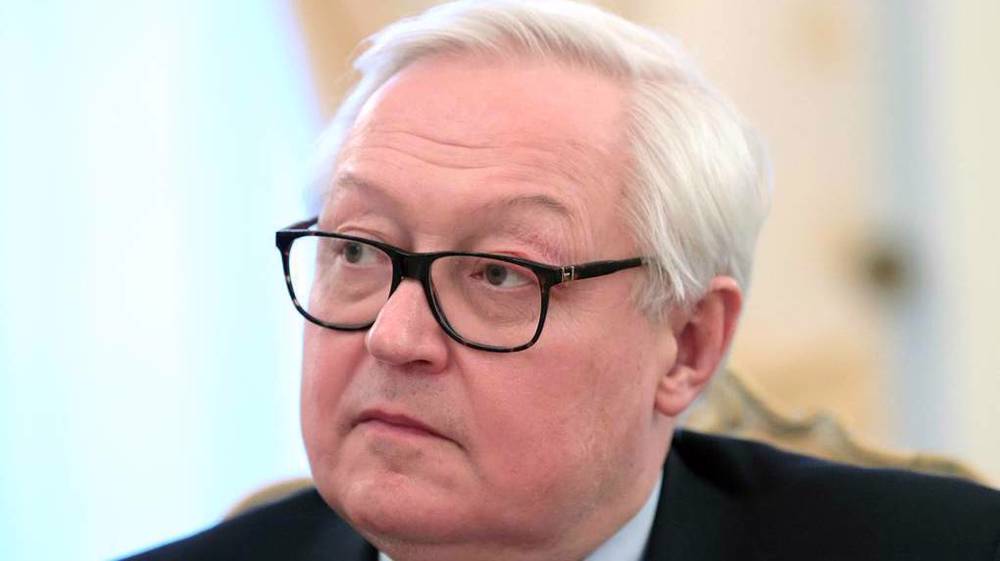
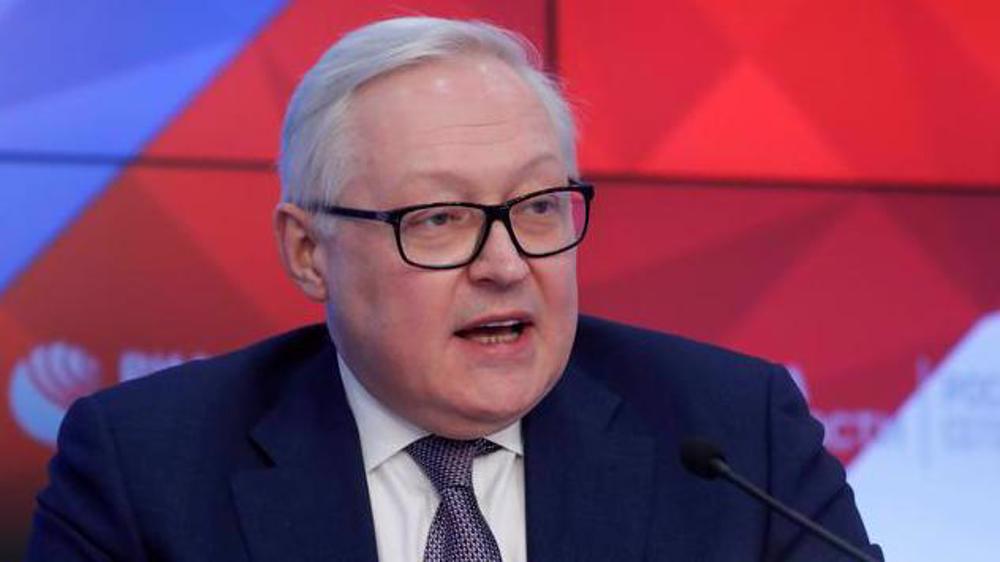
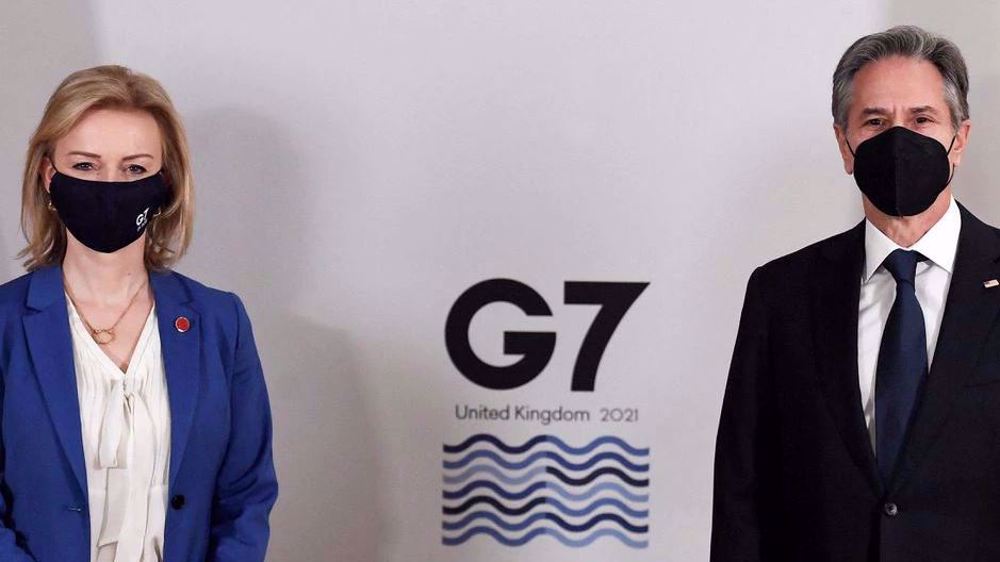
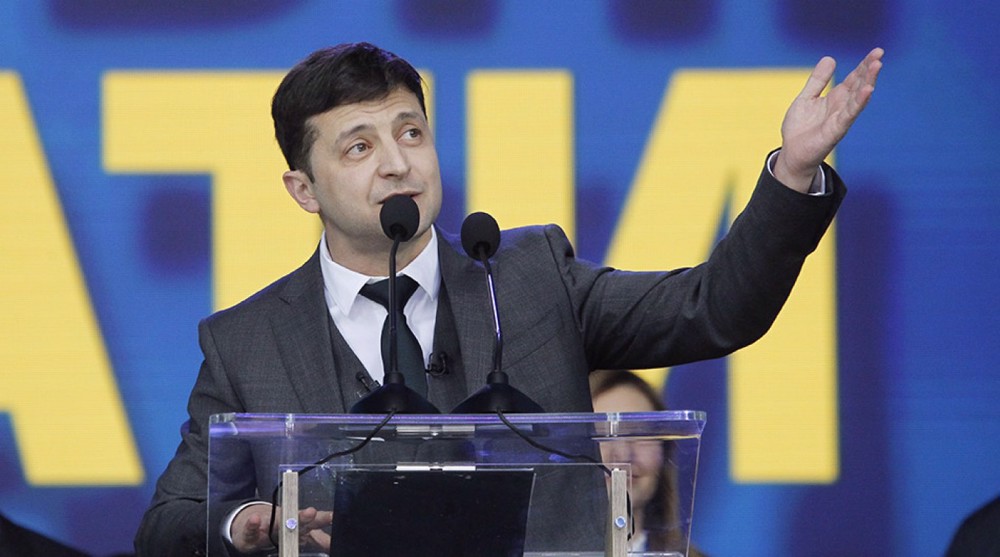
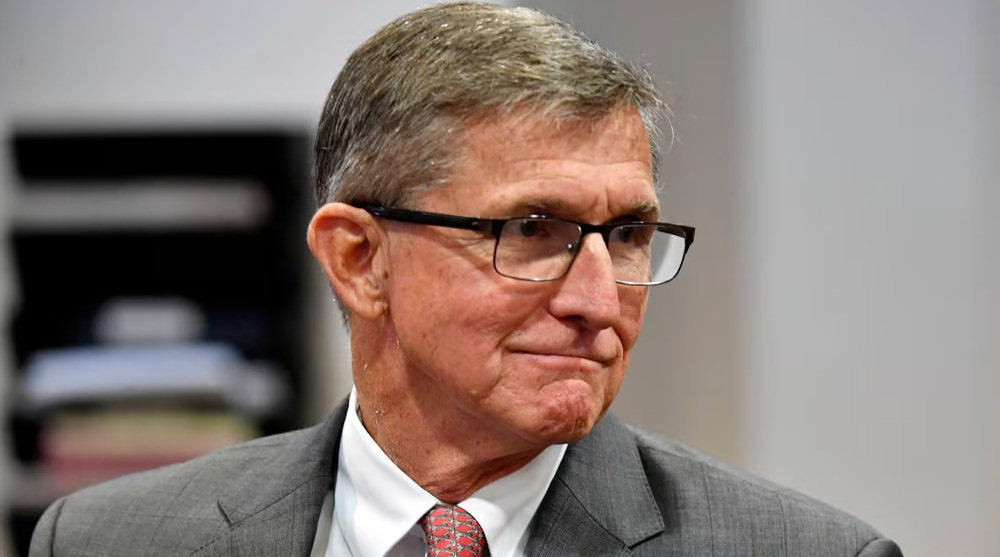
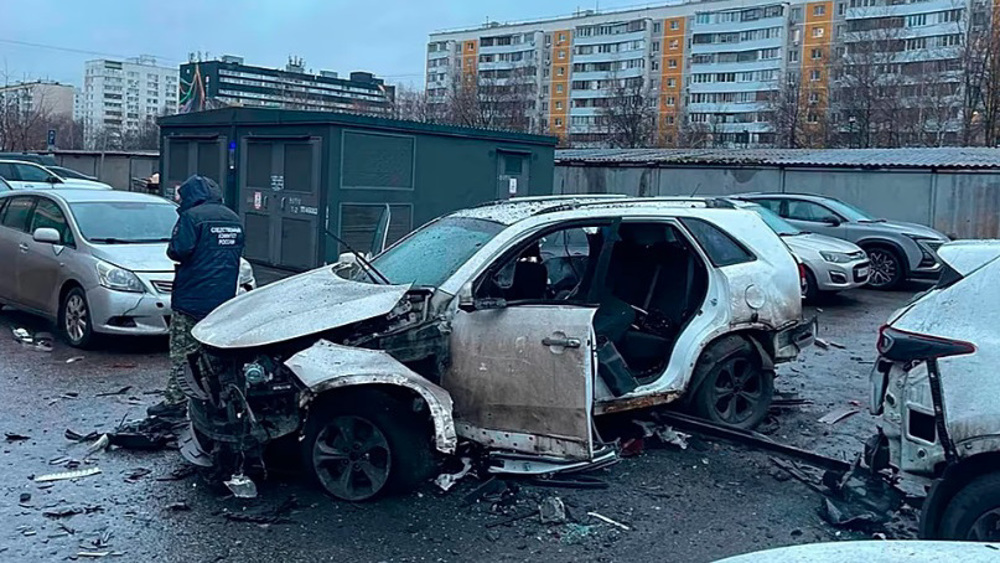
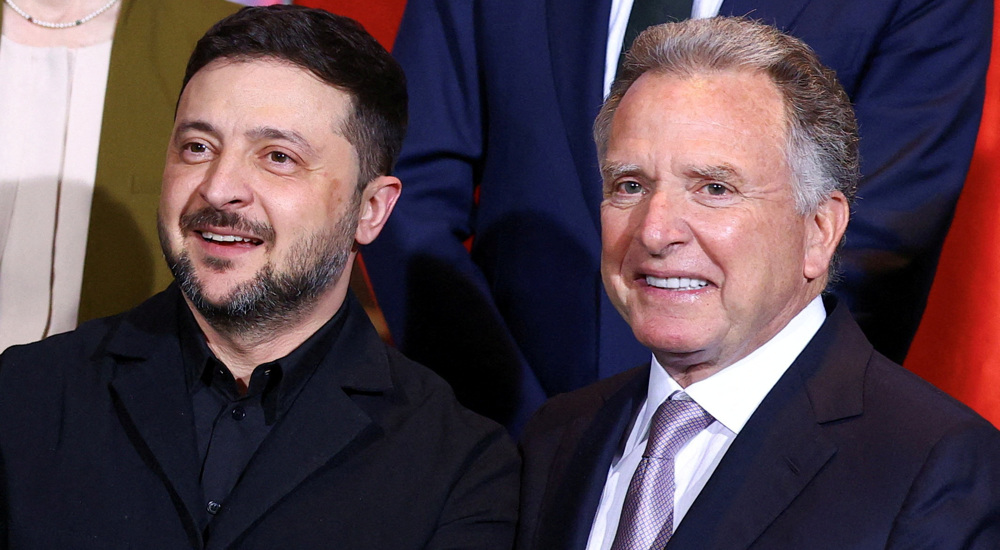



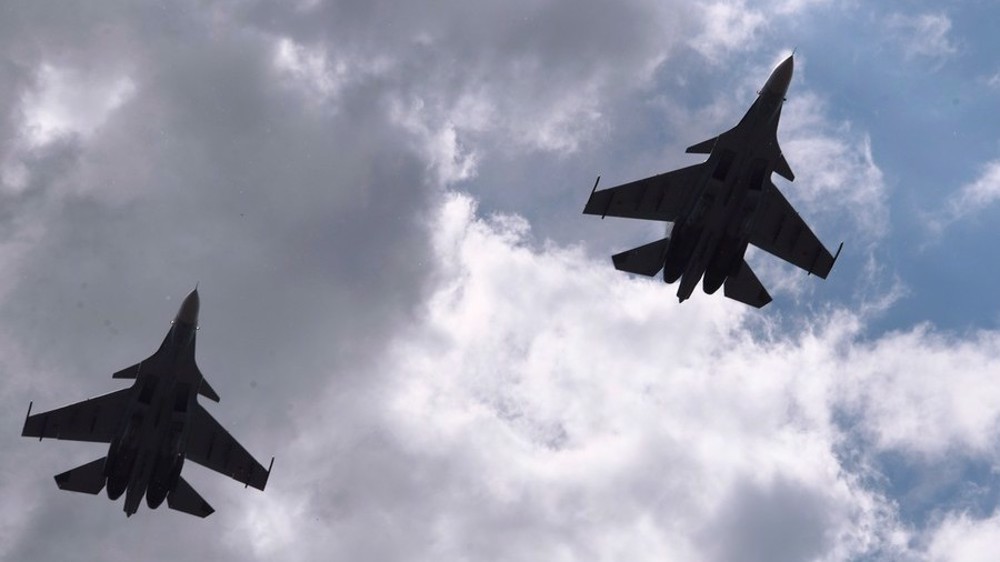
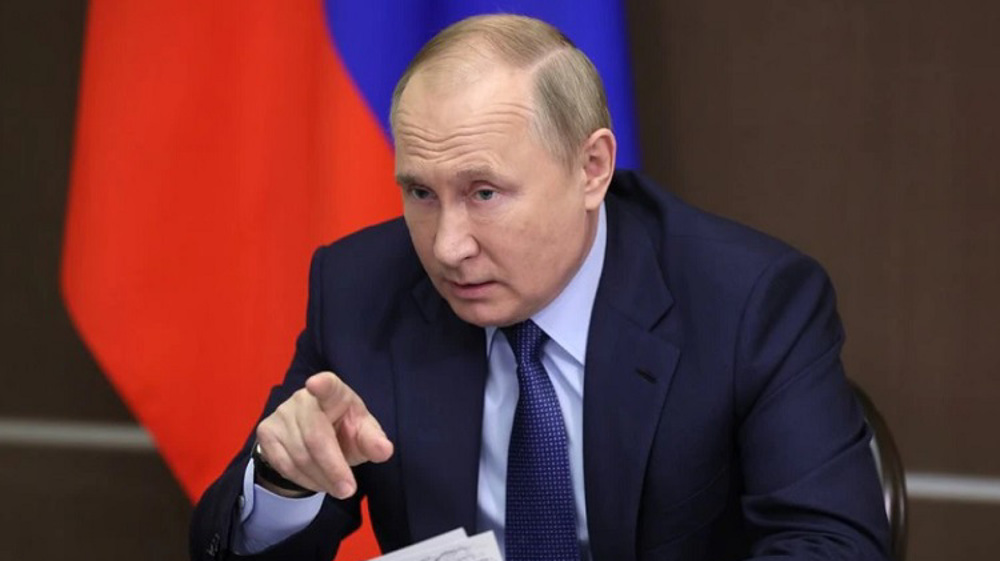
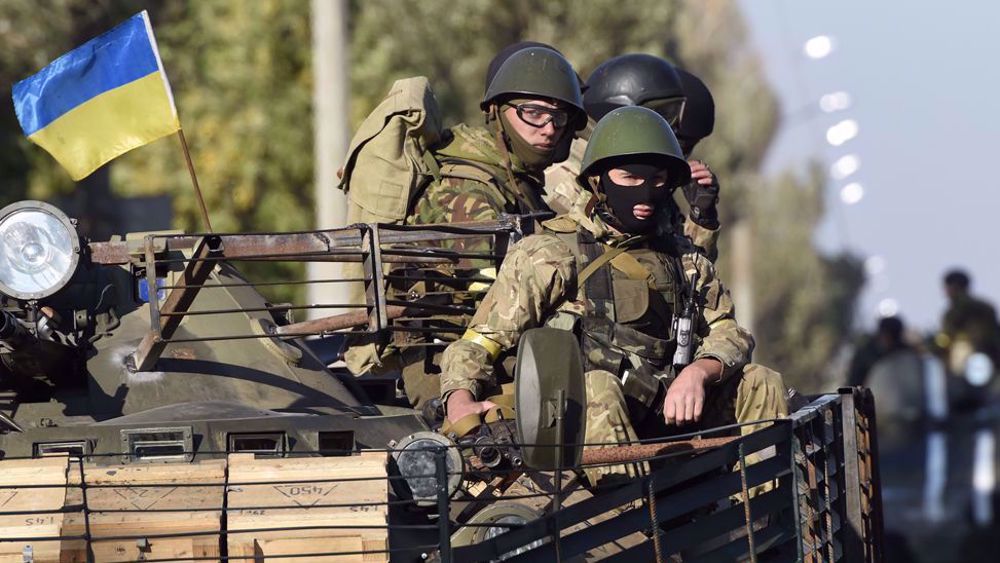

 This makes it easy to access the Press TV website
This makes it easy to access the Press TV website